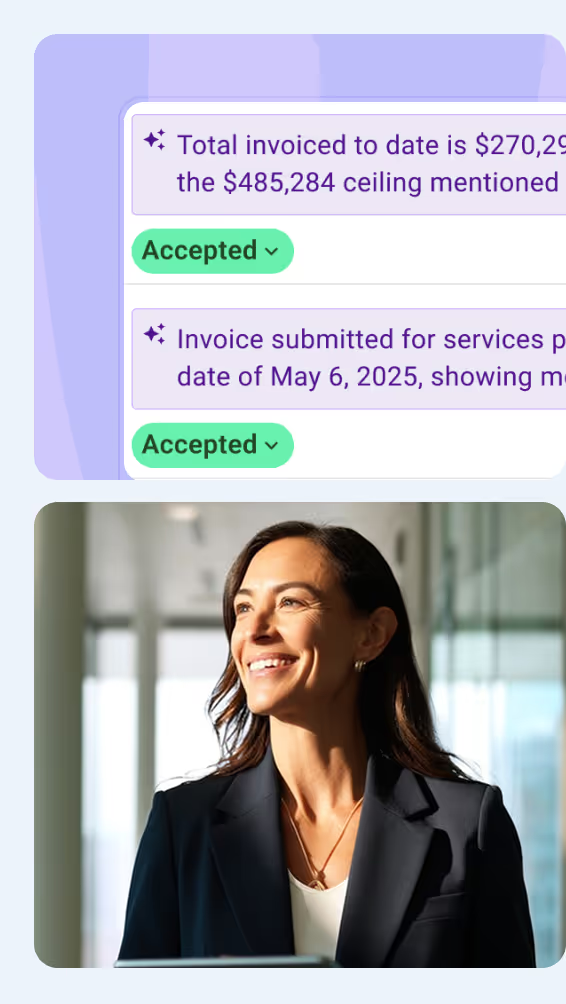Construction project budgeting is one of the most critical aspects of ensuring the success of any capital project. Get it right, and you’ll set the stage for delivering on time and on budget. Get it wrong, and you might end up overspending, missing deadlines, and explaining to your stakeholders why everything went sideways.
So, how do you keep your project’s budget on track? Let’s explore the Top 5 ‘Must-Do’ for Construction Project Budgeting to help you stay ahead. Whether you’re using construction budgeting software or managing everything manually, these tips will guide you toward more accurate and efficient project budgeting.
1. Establish a Detailed Scope of Work (SOW)
The foundation of any reliable construction project budgeting effort is a well-defined Scope of Work. Without a clear understanding of what the project entails, your budget is likely to miss critical costs, and nobody likes surprise expenses! You should:
- Outline the exact tasks and deliverables.
- Break down each project phase and assign costs.
- Include contingency plans for unexpected events.
When your SOW is detailed, it’s easier to align your budget with realistic expectations and avoid scope creep. As they say, “If you fail to plan, you plan to fail,” and that’s especially true in construction. Learn more about this in our guide on what is a construction budget.
2. Use Realistic Cost Estimates
Accurate cost estimates are vital for construction project budgeting. Underestimating costs can lead to budget overruns, while overestimating might make your project seem unnecessarily expensive. Using historical data from similar projects and construction budgeting and forecasting software is a great way to ensure that your cost estimates are as realistic as possible.
Pro Tip: Don’t forget to adjust for inflation and current market conditions, especially with fluctuating material costs!
For more on construction estimates, check out this construction estimating guide.
3. Leverage Construction Budgeting Software
Gone are the days of managing budgets on spreadsheets. Construction budgeting software has evolved to provide real-time tracking, forecasting, and analysis, making it easier for project managers to adjust budgets as the project progresses. These tools can:
- Integrate with project scheduling tools to give you a comprehensive view.
- Automatically update costs based on changes in labor or materials.
- Provide advanced reporting features, making it easier to justify budget adjustments.
By using construction budgeting and forecasting software, you’ll spend less time manually updating budgets and more time focusing on value-adding activities. (Because let’s face it, nobody loves manual data entry!)
Explore more about cost control trends and how they can impact your construction budget.
4. Monitor Cash Flow Regularly
Cash flow management is just as important as budget management. Ensuring that you have enough cash on hand at each stage of your project will keep things moving smoothly. You should track both incoming and outgoing cash to ensure that payments to contractors, suppliers, and other stakeholders can be made without delays.
Here’s a joke for you: Why did the construction project manager refuse to tell a joke about concrete? Because it’s not set in stone yet! 😄
But seriously, keep an eye on your project’s cash flow. If cash flow dries up, so does your project’s progress. Read more about tracking project costs effectively.
5. Incorporate a Strong Contingency Plan
Even the best-laid plans can go awry, which is why every construction project budget should include a contingency reserve. Set aside a portion of your budget to cover unforeseen issues like weather delays, material shortages, or scope changes.
Contingencies should be based on the project’s risk profile and complexity. A solid rule of thumb is to allocate 5-10% of your total budget to contingency. As the project progresses, continuously monitor and adjust your contingency reserves to ensure you have enough buffer.
Pro Tip: Make sure to integrate your contingency planning with your overall project cost management strategy.
For a deep dive into contingency planning, check out our blog on construction contingency.
Conclusion
Effective construction project budgeting requires a mix of detailed planning, realistic estimating, and smart use of technology. By following these top five ‘must-dos’ and incorporating tools like construction budgeting software, you can keep your project on track, minimize risks, and maximize success.
Want to learn more about effective budgeting? Check out this excellent resource on Budgeting Best Practices.
With proper planning and execution, your project budget won’t just survive—it’ll thrive!






.avif)
![Top 5 ‘Must-Do’ for Construction Project Budgeting! [Examples]](https://cdn.prod.website-files.com/607f739c92f9cf647516b37b/673325d2ca4a37ba11b4dbfa_66fa6c0183e26873f2deaaf8_Top%25205%2520%25E2%2580%2598Must-Do%25E2%2580%2599%2520for%2520Construction%2520Project%2520Budgeting!%2520%255BExamples%255D.avif)



![What is a Contingency Budget and How to Use It [Construction Program]](https://cdn.prod.website-files.com/607f739c92f9cf647516b37b/673325d5081116fdb02c07df_66fe088871eaac42a86d93e9_What%2520is%2520a%2520Contingency%2520Budget%2520%2526%2520how%2520to%2520use%2520it.avif)
![14 Proven Ways to Reduce Construction Costs [Free Checklist]](https://cdn.prod.website-files.com/607f739c92f9cf647516b37b/67e1f607e284e7835370f1d5_ways-to-reduce-construction-costs.avif)

